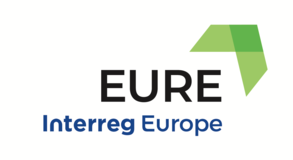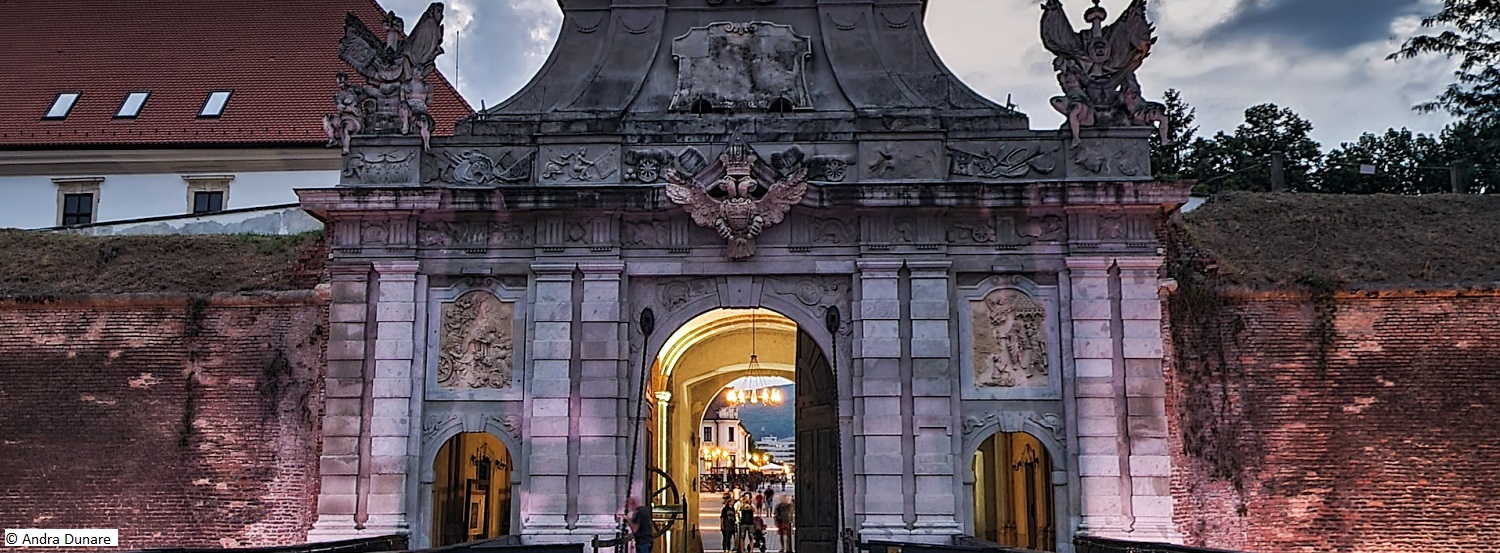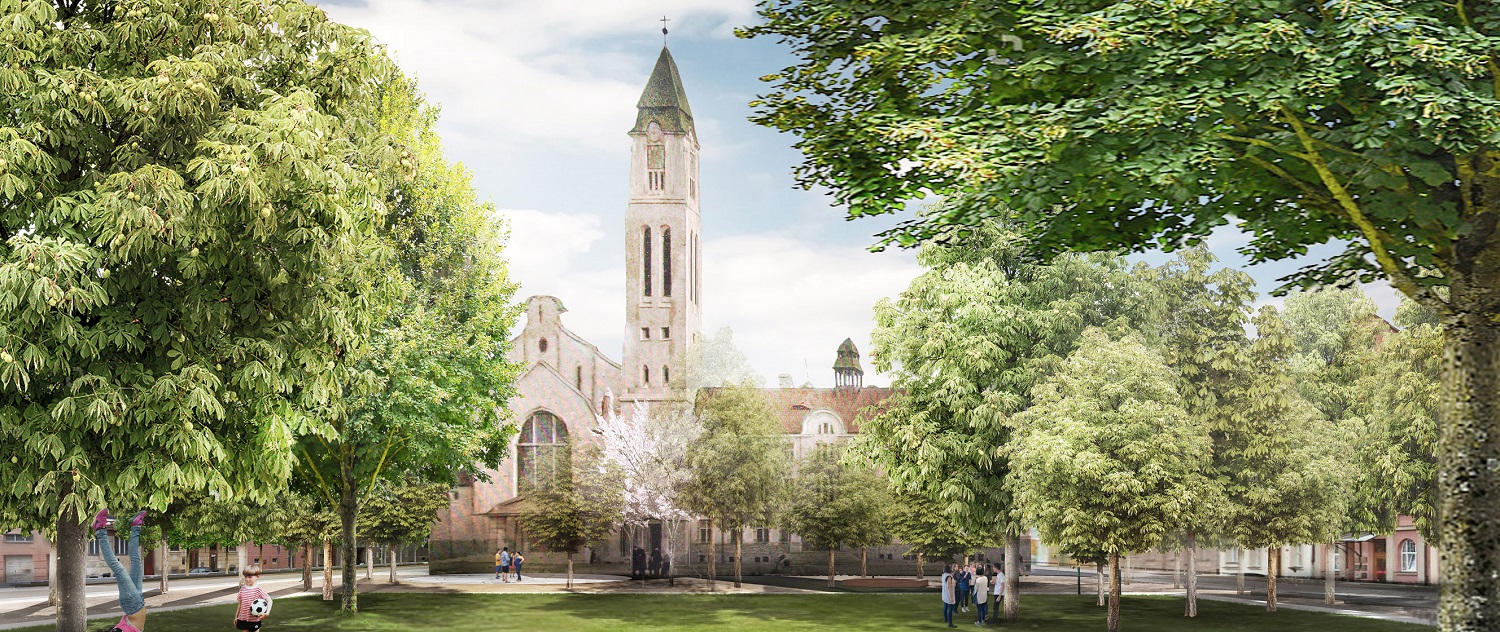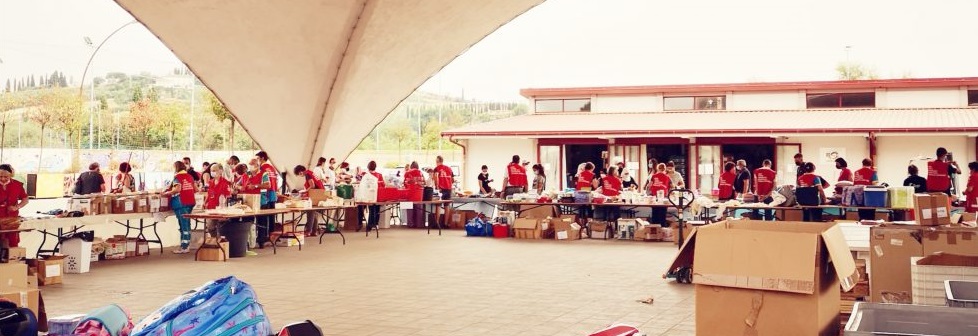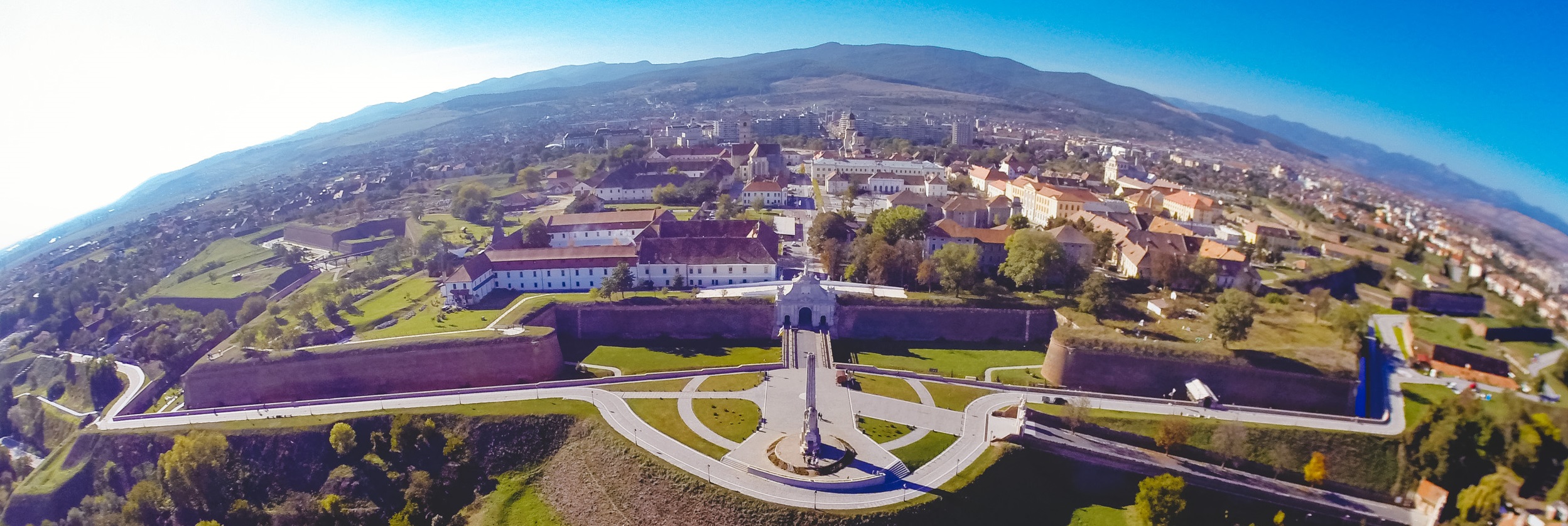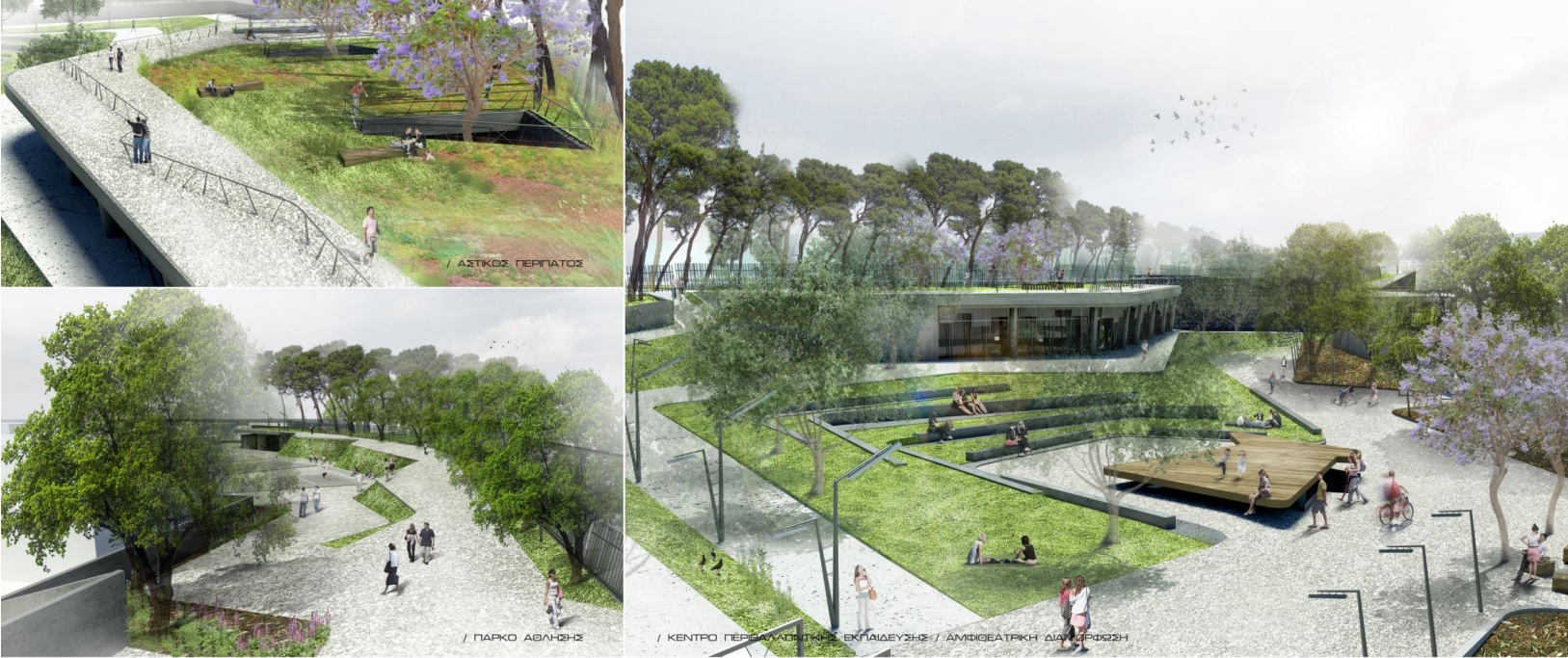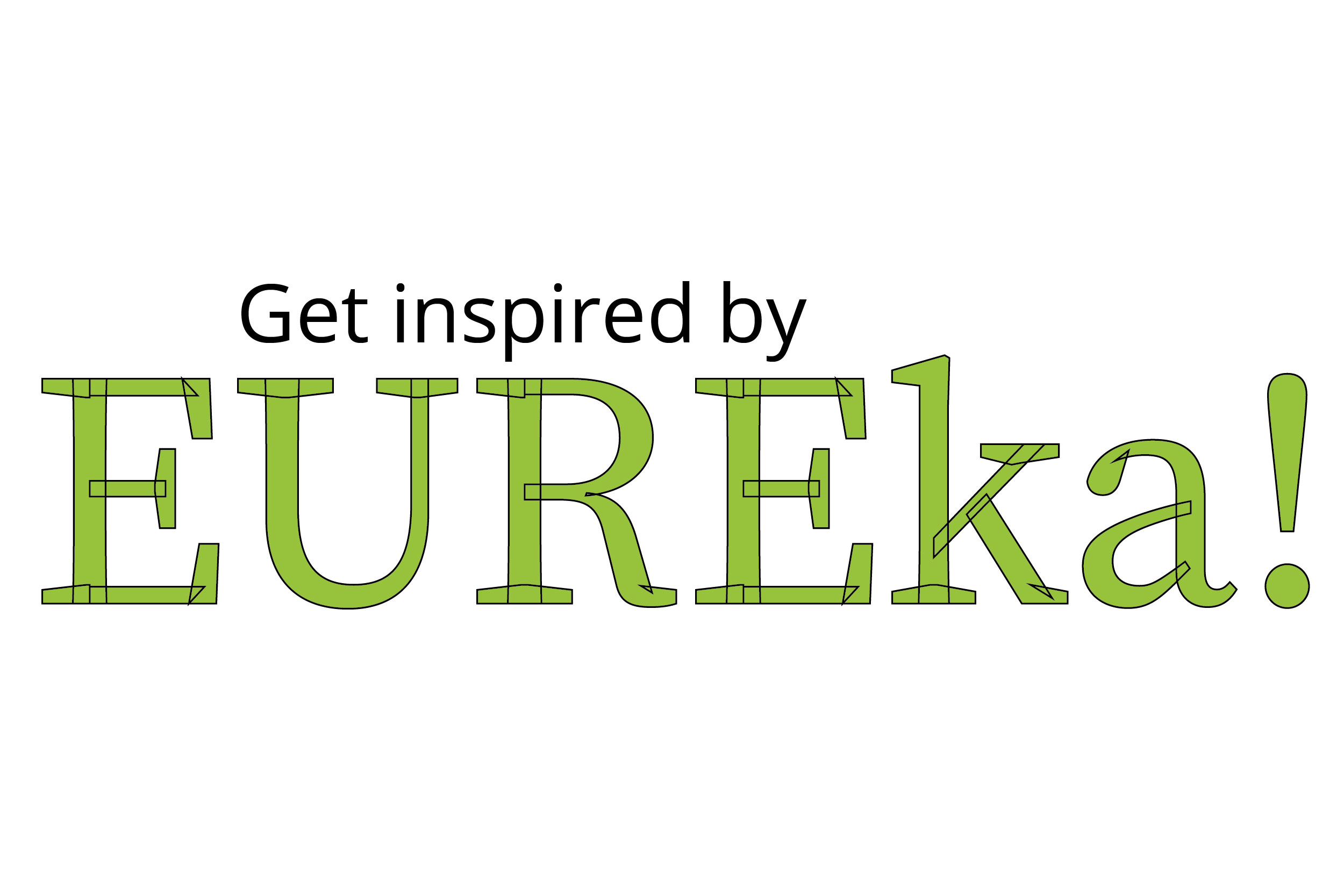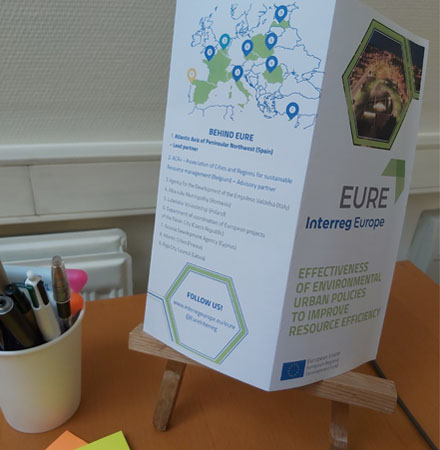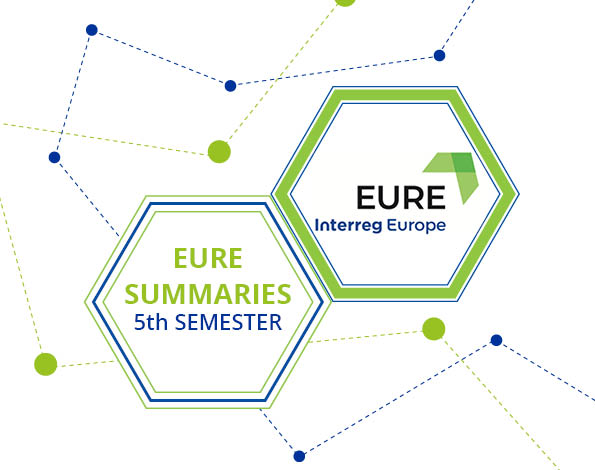Stéphane Péan is part of the pool of expert that is supporting the EURE's partners in the development of an analysis of the urban processes involved in the improvement of resource efficiency at regional level.
He gave us his point of view on the role of cities in boosting sustainable development. This is the second episode on Smart cities for a sustainable urbanisation.
If you missed the other episodes, first read:
eGovernment and the digital divide
In 2017, the “eGovernment Declaration” engaged European countries towards ensuring high quality, user-centric digital public services for citizens and seamless cross-border public services for businesses.
Nevertheless, digital transformation should not lead to a digital divide, which may stress the social divide. Nowadays, 169 million EU citizens lack even basic digital skills, accounting for 44% of Europeans aged between 16-74.
Hence, the digital transition should be well accompanied by public authorities at all levels. A mobilising, integrative and inclusive approach to participation is also necessary to balance the opinion-making in society.
In 2018, the Urban Agenda for the EU Partnership on digital transition adopted its action plan and among priorities, the digital skills education to everybody.
Empowering people and digitisation
Representative democracy is being questioned and traditional representation mechanisms are no more sufficient to ensure proper democratic participation of the citizens. In the last two decades, innovative solutions deepening citizen participation in the political decision-making process have become an ever-present feature of policymaking and governance building.
An on-going study by the OECD is analysing over 700 cases of deliberative mini-publics led by public authorities to nurture their decision-making. The forthcoming report “Catching the deliberative wave: innovative citizen participation and new democratic institutions” (June 2020) assesses the mini-publics use, principles of good practice, and routes to institutionalisation.
In 2019, Madrid City Council passed a regulation establishing the "Observatorio de la Ciudad" (The City Observatory) as a permanent organ of citizen participation.
Since the mid-2010s, numerous renowned start-ups have harnessed digital solutions to revitalise democracy and enhance government services across Europe. They provide crowdsourcing application to directly report problems or insights to the municipality. They also strengthen the decision-making process by integrating consultation, participatory budget, questionnaire or call for projects. Recently, they also mix people actions in real-time with existing open-data, by using AI to identify patterns into the big data flows.
Participatory budgeting, in which community members directly decide how to spend part of a public budget, has since largely spread all over Europe.
A few start-ups have invested social networks for neighbourhoods that concretely aim to help newcomers, share different tools or even lobby local authorities.
